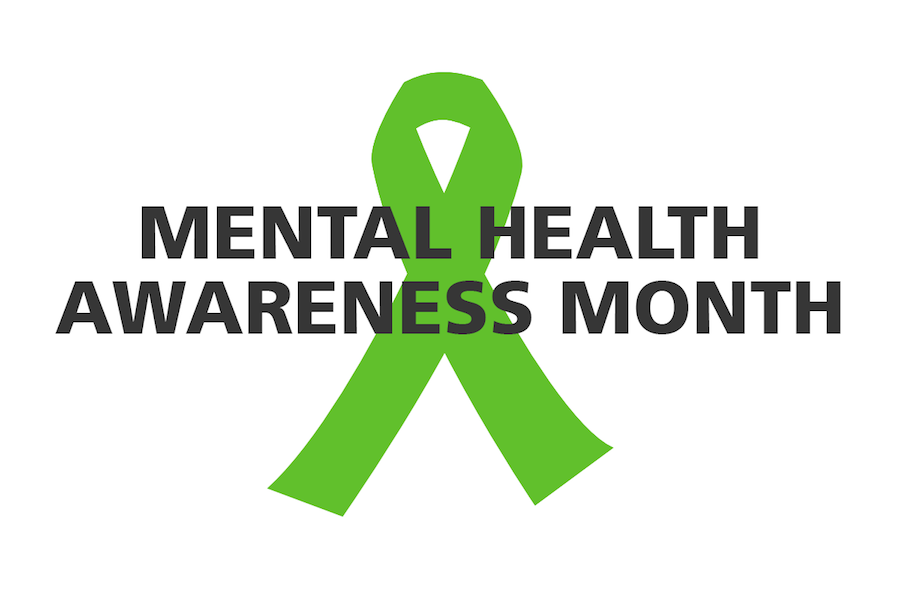WASHINGTON (April 28, 2022) — May is Mental Health Awareness month in the United States. In his first State of the Union address, President Biden outlined a strategy to transform how mental health is understood, perceived, accessed and treated. According to the President, the strategy will transform the health and social services infrastructure to address mental health holistically and equitably.
The George Washington University has leading experts available for interviews on a wide range of mental health topics, including the mental health of marginalized communities, the shortage of providers able to treat mental health issues and more.
To schedule an interview with an expert, please contact GW Media Relations at gwmedia gwu [dot] edu (gwmedia[at]gwu[dot]edu).
gwu [dot] edu (gwmedia[at]gwu[dot]edu).
Marginalized Populations
Kathleen Roche, a professor of prevention and community health, is an expert on adolescent mental health in immigrant Latino/a families. She can talk about the impact of the pandemic on Latino/a families and factors that can lead to depression and anxiety in Latino/a teens.
David Huebner, an associate professor of prevention and community health, is an expert in psychology and public health. He studies how anti-gay discrimination affects health and can discuss how parents can prevent mental health issues in lesbian, gay or bisexual youth.
Sherry Molock is an associate professor of clinical psychology. Her expertise includes risk and protective factors in suicide in African American adolescents/young adults and mental health help-seeking behaviors in African American adolescents/young adults
Adolescent / Youth
Tony Roberson, an associate professor of nursing, is a mental health expert. He is an expert on anxiety, depression and childhood development.
Sherry Molock is an associate professor of clinical psychology. Her expertise includes risk and protective factors in suicide in African American adolescents/young adults and mental health help-seeking behaviors in African American adolescents/young adults
Teacher / Student
Beth Tuckwiller, an associate professor of secondary special education and transition services, is trained as a mental health counselor and previously specialized in child and adolescent mental health in her clinical work. She can discuss mental health among students and teachers and the impact the pandemic has had on those groups.
Olga Acosta Price, director of the Center for Health and Health Care in Schools, is an expert on school-based mental health services and the rising rates of anxiety, depression and other mental health difficulties in school-aged children. She can also talk about what parents and teachers can do to help children who are at risk.
Workforce
Clese Erkison, deputy director of the GW Health Workforce Policy Research Center, is an expert on the mental health-care workforce and areas of the United States with a shortage in providers able to treat anxiety, depression and other rising mental health issues. She has recently completed a study on the historic policy of redlining and shortages in behavioral health providers in those same areas today.
War / Conflict
Amir Afkhami, an associate professor of public health, is an expert on psychiatry and the impact of conflict on mental health. Dr. Afkhami conceived and led the U.S. State Department’s Iraq Mental Health Initiative.
Suzan Song, director of the Division of Child/Adolescent and Family Psychiatry, has studied the effects of trauma on families affected by war, and is a consultant in humanitarian protection for the United Nations and International Medical Corps. She has also treated thousands of survivors of torture and human rights violations in the U.S. and globally.
Other
Daniel Lieberman, a professor of psychiatry and behavioral sciences, is an expert on depression and anxiety. He is the author of “The Molecule of More,” which explains how the brain chemical dopamine influences the expectations and disappointments.
Loring Ingraham is a professor of clinical psychology. His primary research interest is the development, course and treatment of severe mental illness, particularly psychotic disorders. More recently, Dr. Ingraham has been interested in exploring ways in which social media data may be used to identify and intervene with at-risk individuals.
George Howe is a professor of psychology. He can discuss the psychology of stress, as well as preventing depression, specifically in people who have recently become unemployed.
-GW-


